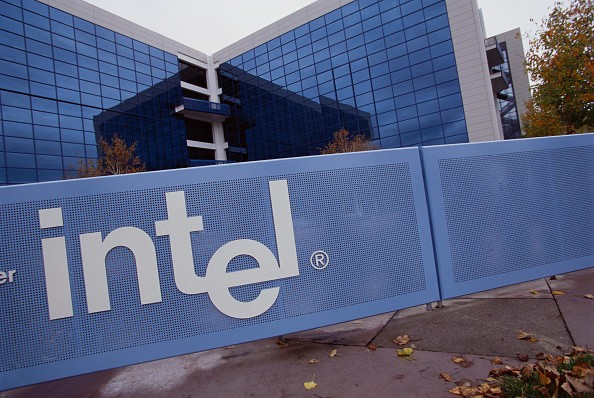Intel is pushing its boundaries for the 4G infrastructure after unveiling a 5G modem that will attain speeds of over 5Gbps. The company marked the upcoming technology as "a milestone for the industry."
According to Intel, the 5G modem carries a single chipset that relies on both millimetre-wave (mmWave) and sub-6GHz spectrum bands, Massive Multiple-Input Multiple-Output (MIMO), beam-forming technology, advanced channel coding, and 4G fallback.
According to ZDNet, MIMO technology sends multiple channels of data at the same time, allowing users to have outstanding performances simultaneously, while beam-forming technology uses antenna arrays to produce a beam where the user is.
The modem also incorporates Intel's 28GHz 5G Radio Frequency Integrated Circuit (RFIC), as well as its 4G XMM 7360 LTE modem for 4G/5G interworking.
Aicha Evans, corporate vice president and general manager of Intel's Communication and Devices Group, stressed the interest on the 5G technology because of its faster reception, as it combines multiple wireless high-speed and low-bandwidth technologies that opens communication across an array of wide range bands.
"Today's communications systems weren't designed to accommodate the massive bandwidth required to support such an evolution, or the ultra-low latency needed to allow devices or even vehicles to react to split-second events," Evans said.
According to Phone Arena, the 5G networks will enable fast transfers and streaming of high-resolution content because of the kind of bandwidth and extra-low latency it utilizes. This improvement allows smart devices and vehicles to react seamlessly to split-second events.
"Our goal is to support both early trials and to lay a foundation enabling accelerated development of products that will support the 3GPP NR specification and help drive global adoption of the 3GPP 5G standard," Evans added.
Beyond mobile connection, Intel's 5G modem is also compatible with autonomous cars, drones, robots, servers, base stations, networking equipment, and other internet-of-things devices.
Aside from Intel, some American carriers have already pushed 5G technology into their architecture. Verizon has employed 5G equipment for fixed 5G service in ten cities, while AT&T builds a fixed 5G signal to stream its DirecTV Now service. In the future, T-Mobile plans to enter the 5G game in 2020, with initial tests achieving 12Gbps download speeds. South Korea, Samsung and Korea Telecom also plan to put 5G connectivity possible in the upcoming 2018 Winter Olympics.


